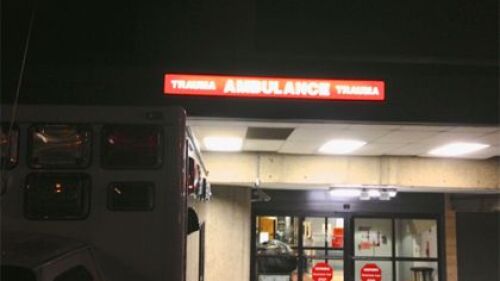We’ve made it to Day 3! Tuesday’s theme revolves around EMS safety, emphasizing the importance of both first responder safety and citizen safety training.
The nature of EMS work involves responding to unpredictable and high-stress situations, making safety a top priority for both EMS personnel and the public they serve. EMS Week provides an ideal opportunity to amplify the importance of EMS safety and create a collective impact in promoting a safer environment for everyone.
Check out our “EMS Week – Day 3” video above, as well as EMS1 resources for today’s theme. Whether you’re an EMS professional, a concerned citizen or a public safety enthusiast, this collection of resources will serve as a valuable tool to enhance your understanding of EMS safety and inspire proactive engagement in emergency preparedness.


































